Visitors

If you are a Visitor, you will set goals for yourself, just as a Victor would. But unlike a Victor, you never quite accomplish them, and even if you do, not predictably.
For example, you might want to be a top executive at a Fortune 500 international corporation, but you lack the qualifications. You waver indecisively between going back to school part time or full time or neither, and cannot quite figure out what courses to take even if you did go back to school.
You seem to suffer from a perpetual mid-life crisis, but instead of doing something about it you become complacent and satisfy yourself with what you have, which is often second best or second rate.
As a Visitor (which, it must be noted, is not the same as a Victim), you actually make the best employee...
Read More





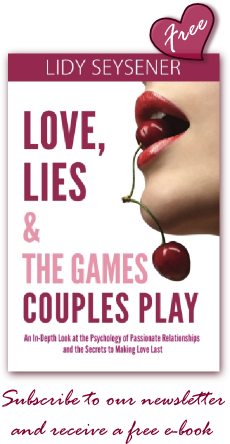





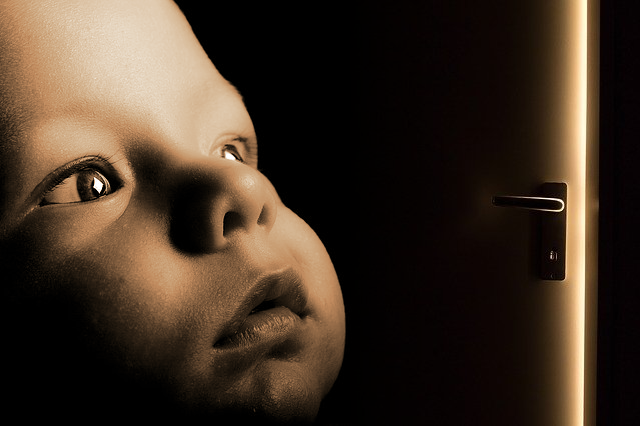
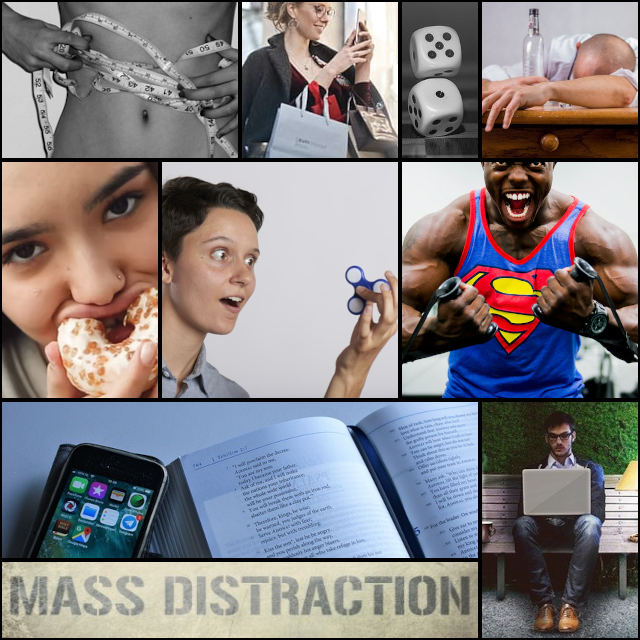

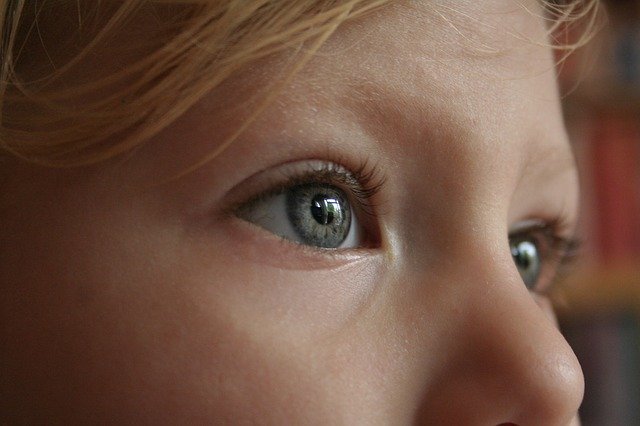
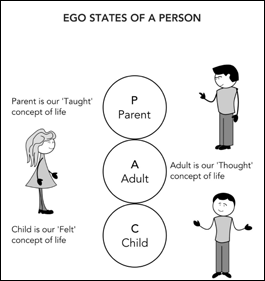 Many years ago, people believed that a healthy relationship looked like this: two complementary halves making a whole. Now we understand that a relationship that looks like this is far from complementary and where generally one person in the couple dominates the other.
Many years ago, people believed that a healthy relationship looked like this: two complementary halves making a whole. Now we understand that a relationship that looks like this is far from complementary and where generally one person in the couple dominates the other.